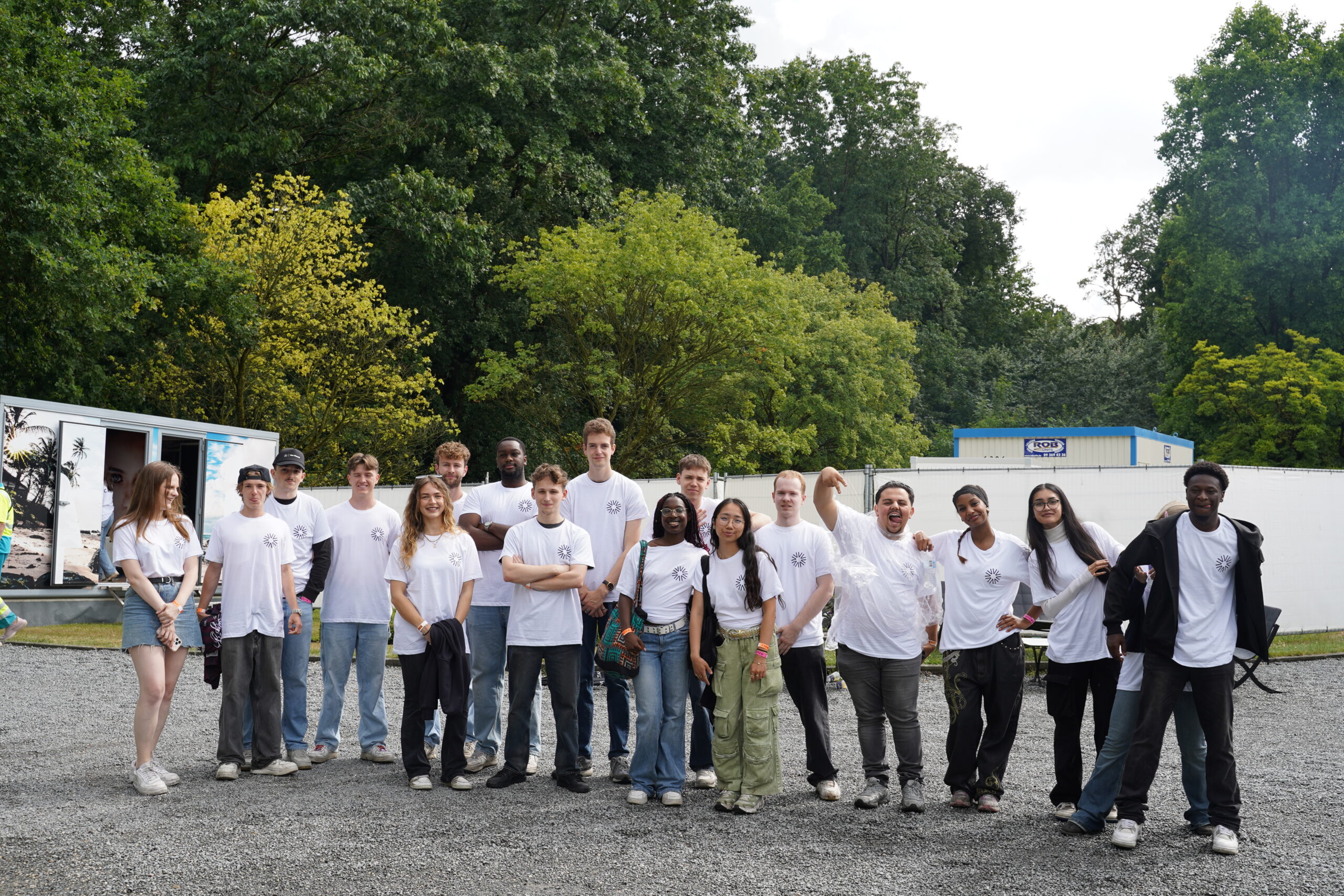What really drives students to work? Is it just about the money, or do atmosphere, flexibility and respect play a bigger role?
Thanks to a survey of 2,242 students, we gained a rare behind-the-scenes look at what motivates them, and what employers can learn from it.

1. Money gets them in, but atmosphere keep them around 
Students may start for the pay, but they stay for the vibe. 16% of students say money is their main reason to take on a job. Fair enough. But close behind are a positive work atmosphere (14%), gaining experience, learning new skills, free event access, and working with friends.

2. Students choose consciously, and avoid certain jobs 
Today’s students are selective. They want meaningful, social jobs where they can contribute and grow. Horeca and event jobs are still popular, if they’re well-organised and clearly structured.

Tip: Want to attract students to less popular roles? Focus on the bigger picture, team spirit, and growth opportunities.
3. Cancelling a shift? Only when absolutely necessary 
70% of students say they only cancel a shift if they genuinely have to.
Think: illness, last-minute school pressure, or personal emergencies.
A hangover or “just not feeling it”?
Almost never.

4. Commuting: how far will they go?
Most students prefer to work close to home. 21% want something really nearby, and 33% are happy with up to 10 km. But here’s the interesting part:
- 33% are fine with <10 km
- 32% will travel 30 km
- 9% will even travel over 50 km
Their home situation matters too. Students from smaller towns tend to be more mobile than those living in cities.
Workplace translation: Yes, location matters, but so do atmosphere, planning, and how the job is communicated. A great experience can easily outweigh a longer commute.
5. A glimpse into their future 
When students think about their first real job, it’s not just about what they earn. They’re already dreaming about jobs that fit into their lives, not the other way around.
Alongside fair compensation, they care deeply about:
- Flexible schedules
- Extra days off
- Mobility options, like a fuel card or train pass
- Benefits such as meal vouchers or staff discounts

 What we really learned from 2,242 students
What we really learned from 2,242 students
Behind every student profile is more than just “I need some extra cash.” They’re looking for jobs with purpose, flexibility, respect, and a sense of belonging.
They’re engaged, eager to learn, and surprisingly reliable, if you approach them the right way.
“How they’re treated now influences how they’ll view work, employers, and their own value later on.”

 The bottom line
The bottom line



At Deltaworx, we work with hundreds of students every single day. We see firsthand what motivates them, and what turns them off.

We’ll help you find the right match, and set them up to thrive on your workfloor.





